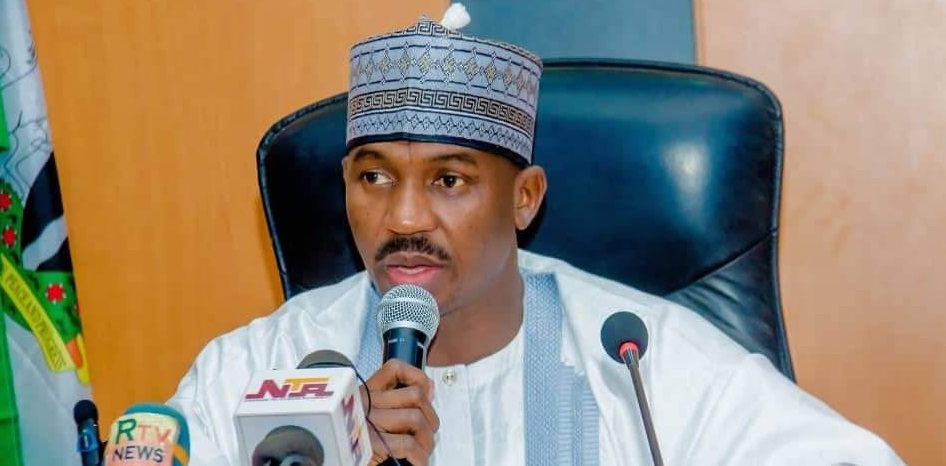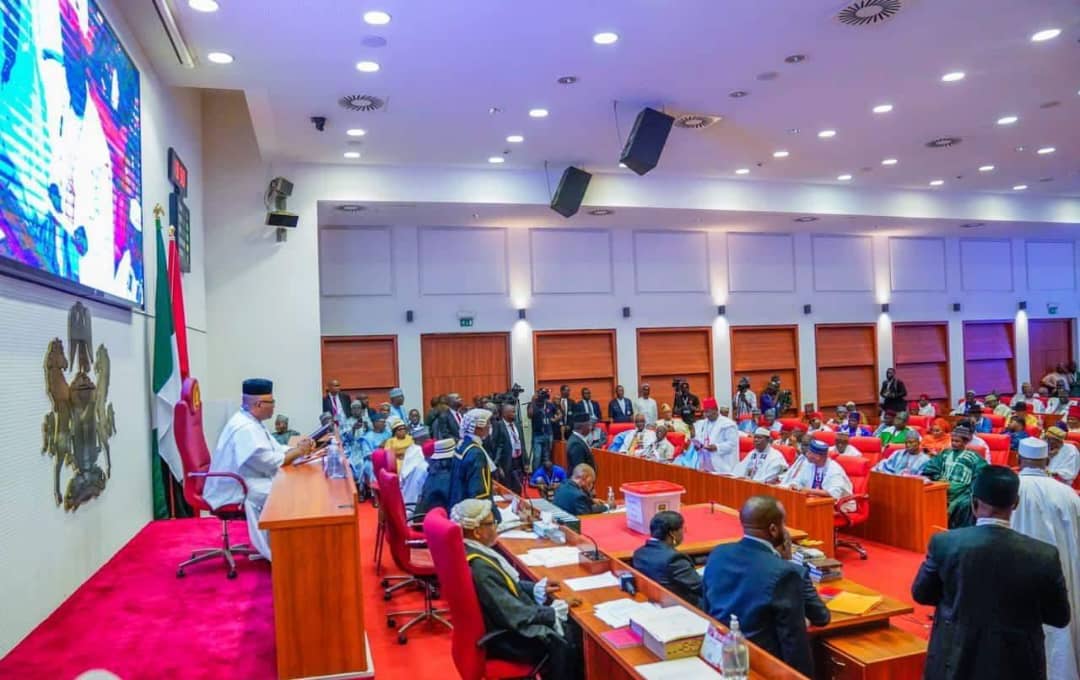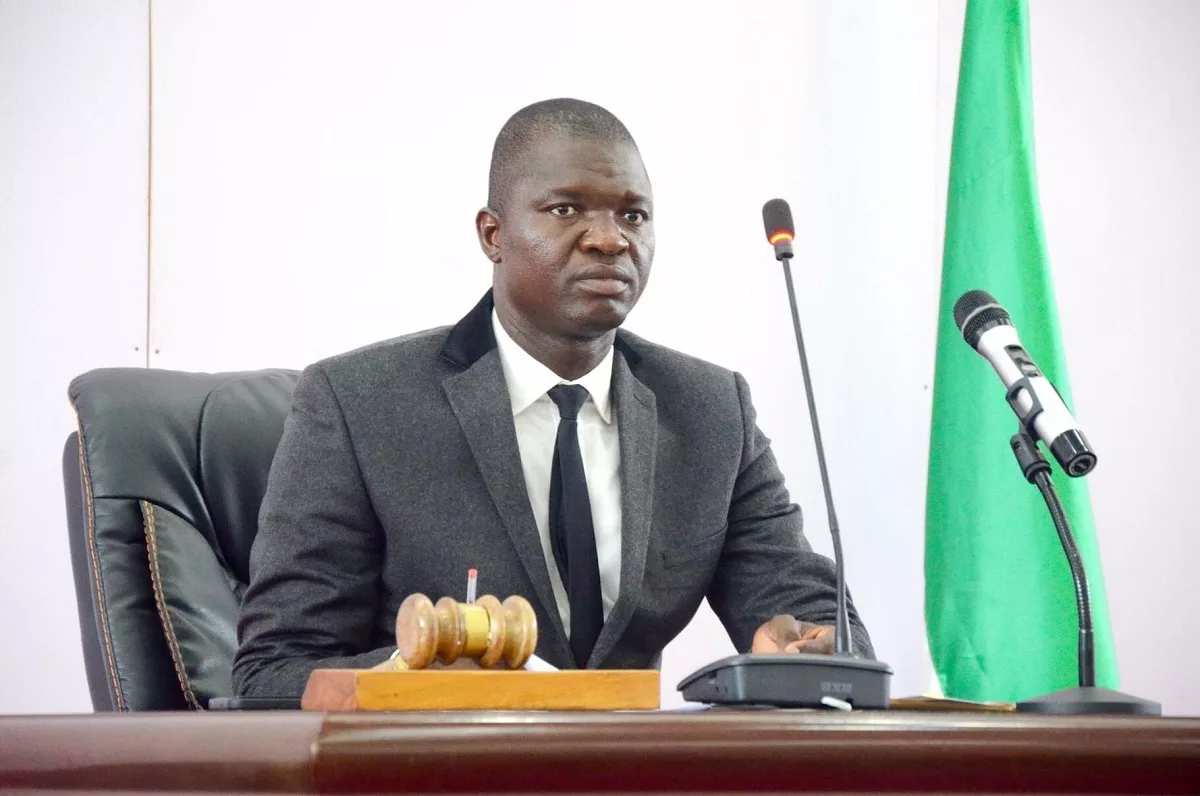The governor of the Central Bank of Nigeria(CBN), Olayemi Cardoso, has said, the recapitalisation of the Nigerian banking industry is essential in ensuring that micro, small and medium scale enterprises (MSMEs) are able to access adequate capital to grow their businesses.
The CBN had mandated commercial banks in the country to shore up their capital base over the next two years.
Cardoso, in his remarks at the second International Financial Inclusion Conference 2024 in Lagos, noted that, almost one-third of Nigerians not being able to access capital to grow their businesses, secure savings for the future, or obtain insurance to mitigate risks remains a critical challenge for the country.
Stating that the CBN, alongside the bankers committee and other stakeholders in the financial industry remain committed to ensuring that the country achieves a 95 per cent financial inclusion, Cardoso said, the apex bank is keen on ensuring its Financial Inclusion policies and initiatives address the peculiar access to finance barriers for underserved populations, particularly Women, Youth, and MSMEs.
Cardoso, while emphasising that financial inclusion is foundational to Nigeria’s sustainable economic development, said, CBN had introduced new minimum capital requirements for banks as part of efforts to deepen financial inclusion.
“This strategic move ensures that banks are well-capitalised, enabling them to take on greater risks, particularly in underserved markets. With stronger capital bases, banks can provide more loans and financial products to MSMEs, rural communities, and other vulnerable segments that have previously struggled to access formal financial services,” he said.
He stated further that, aside from strengthening financial stability, the recapitalisation of the banking industry serves as a catalyst for inclusive growth. “By enabling banks to extend more credit to MSMEs, we enhance job creation and productivity. Furthermore, with increased capital, banks can invest in technology and innovation, crucial for driving digital financial services such as mobile money and agent banking.
“These technologies are key to breaking down geographic and economic barriers, bringing financial services to even the most remote areas. Financial inclusion has the potential to unlock significant economic growth, particularly through the empowerment of small and medium-sized enterprises (SMEs), women and other vulnerable segments of the population.
“SMEs are responsible for over 80 per cent of employment in Nigeria, yet many struggle to access the credit needed for expansion. Financial inclusion for SMEs is essential to unlock the full potential of this sector, and the Nigerian government remains committed to supporting these enterprises.
“Similarly, women play a critical role in driving inclusive growth. Research shows that when women are financially empowered, they reinvest in their families and communities, creating broader socio-economic benefits. Yet, women in Nigeria are disproportionately excluded from the formal financial system.
“The Central Bank of Nigeria has made significant strides in promoting financial inclusion for Women and youth, particularly through Frameworks aimed at closing gender gaps and regulatory support for digital platforms that offer easier access to financial services for these vulnerable groups. With programs aimed at financial literacy, the CBN is also empowering young Nigerians to become financially independent, fostering entrepreneurship, and driving economic growth across the country” he said.
On his part, CBN’s deputy governor, Financial System Stability, Philip Ikeazor, whilst pointing out that financial exclusion rate in the country had dropped from 46.3 per cent in 2010 to 26 per cent as of 2023, noted that “despite this progress, there are over 28 million Nigerians who still have no access to formal financial products and services and certain challenges persist, particularly in ensuring financial access for five most excluded demographics: women, youth, rural communities, Northern Nigeria and Micro, Small and Medium Enterprises (MSMEs).”

 1 week ago
1
1 week ago
1















 English (US) ·
English (US) ·